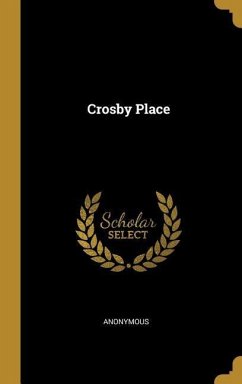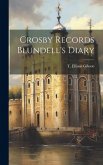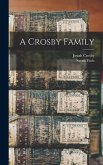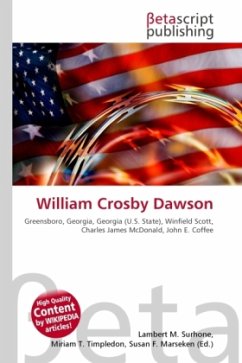Alfred W. Crosby is a historian, professor and author of such books as The Columbian Exchange (1972) and Ecological Imperialism (1986). In these works, he provides biological and geographical explanations for why Europeans were able to succeed with relative ease in what he refers to as the Neo-Europes of Australasia, North America, and southern South America. Recognizing the majority of modern day wealth is located in Europe and the Neo-Europes, Crosby set out to investigate what historical causes are behind the disparity. According to Hal Rothman, a Professor of History at the University of Nevada-Las Vegas, Crosby added biology to the process of human exploration, coming up with explanations for events as diverse as Cortez s conquest of Mexico and the fall of the Inca empire that made vital use of the physical essence of humanity. Jared Diamond, author of Guns, Germs, and Steel, has reached similar conclusions about the role of biology and ecology in human history. Crosby is Professor Emeritus of History, Geography, and American Studies at the University of Texas at Austin.
Bitte wählen Sie Ihr Anliegen aus.
Rechnungen
Retourenschein anfordern
Bestellstatus
Storno

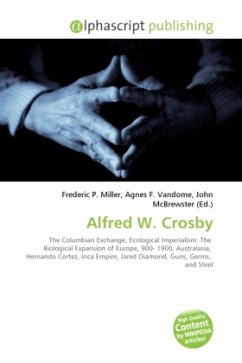
![The Architectural Antiquities And Present State Of Crosby Place, London, As Lately Restored By John Davies ... Delineated In A Series Of Plans, Elevations, Sections, And Parts At Large, With Perspective Views From Original Drawings By [the Author] The Architectural Antiquities And Present State Of Crosby Place, London, As Lately Restored By John Davies ... Delineated In A Series Of Plans, Elevations, Sections, And Parts At Large, With Perspective Views From Original Drawings By [the Author]](https://bilder.buecher.de/produkte/64/64754/64754528m.jpg)
